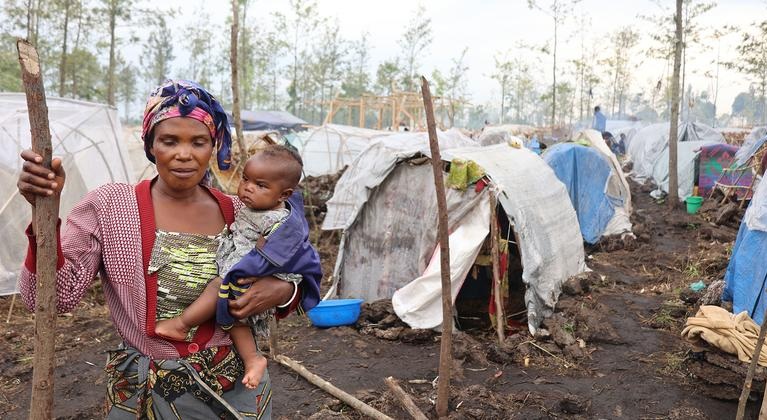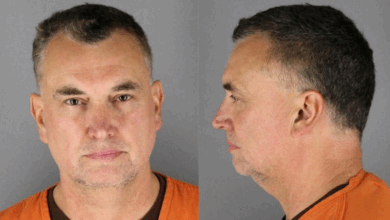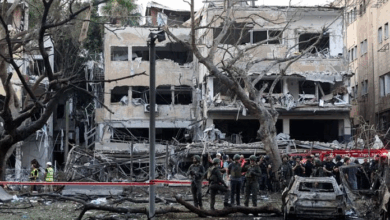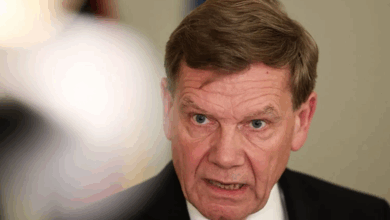‘I hope I’ll one day be at peace’: civilians seek mental health help in war-ravaged eastern DRC
News Mania Desk / Piyal Chatterjee / 22nd April 2025

On a bright morning in Goma, a city in eastern Democratic Republic of the Congo, where clashes between the M23 rebel group and the Congolese army occurred earlier this year, people hurried towards a row of chairs outside a medical center.
Beginning on 24 March, the Saint Vincent de Paul neuropsychiatric hospital, which caters to individuals with mental health challenges, has been providing complimentary consultations on a first-come, first-served basis for those impacted by the conflict. Scores have queued for a consultation daily.
As she waited in the queue, 35-year-old Patience Kahindo described the horror she had witnessed at the peak of the fighting. “For the first time in my life, I saw corpses lying on the ground for days,” she said. “Crows and other birds came to eat the human flesh. Sometimes, when I think of all this, I’m plunged into unprecedented sadness.
“If someone licked my heart, they’d be poisoned.”
The conflict in eastern DRC stems from the 1994 genocide in Rwanda that aimed at Tutsis. M23, one of many armed factions battling Congolese troops in the mineral-rich area, claims its goal is to defend the interests of the Congolese Tutsi and other minorities, including shielding them from Hutu rebel groups that fled to DRC after participating in the genocide. The DRC, the US, and other nations claim that Rwanda is supporting M23 to take advantage of the region’s natural resources.
In January, M23 initiated a swift offensive against the Congolese army and its allied troops in eastern DRC, seizing the area’s biggest cities – Goma and Bukavu. The recent conflict has created a path of devastation and worsened the humanitarian crisis in the area. Thousands have lost their lives and hundreds of thousands have been forced to flee.
“We have seen that since the clashes at the end of January, the population has been really stressed, and there has been a resurgence of mental health cases,” said Dr Neema Kahatwa, a psychiatrist from the neuropsychiatric hospital in Goma.






